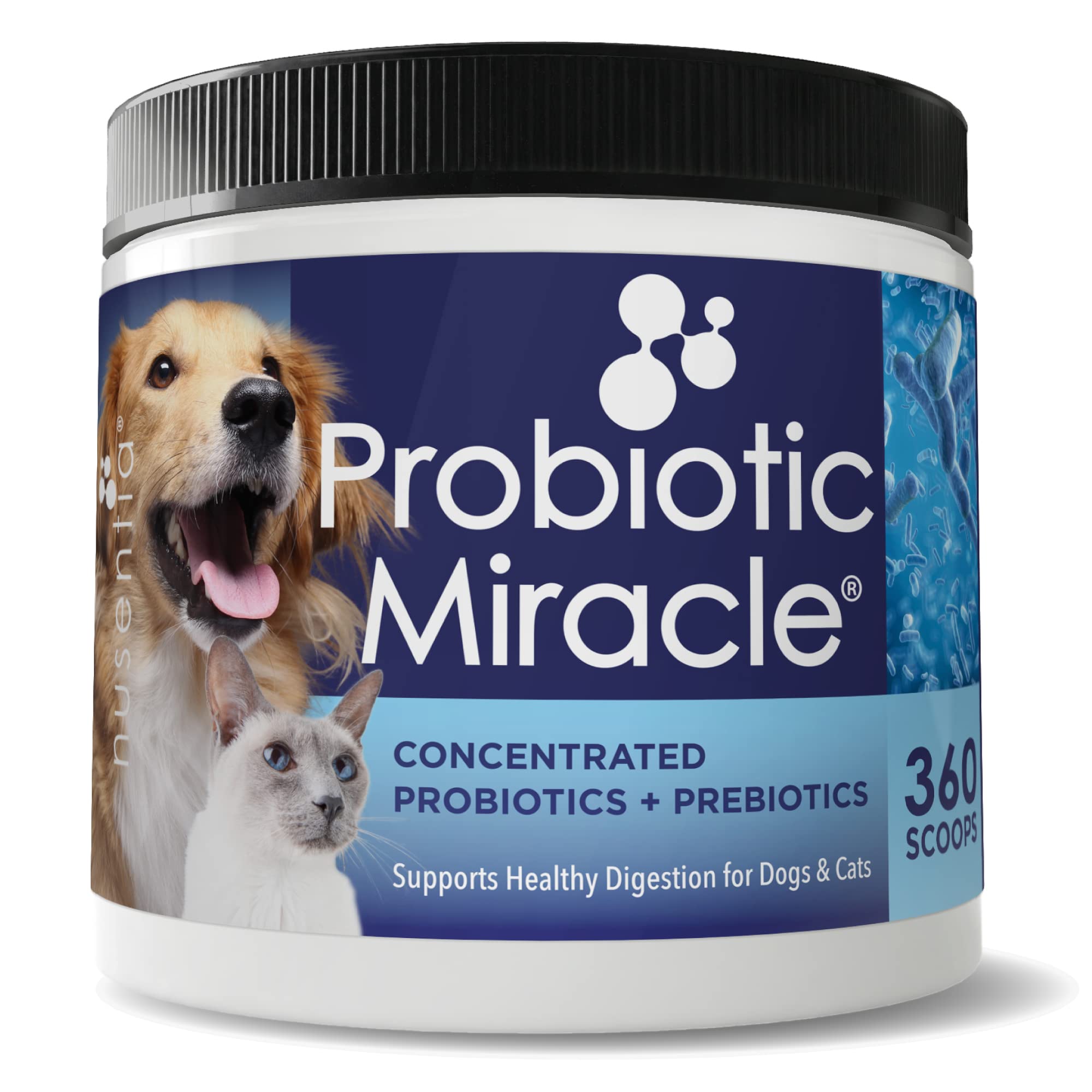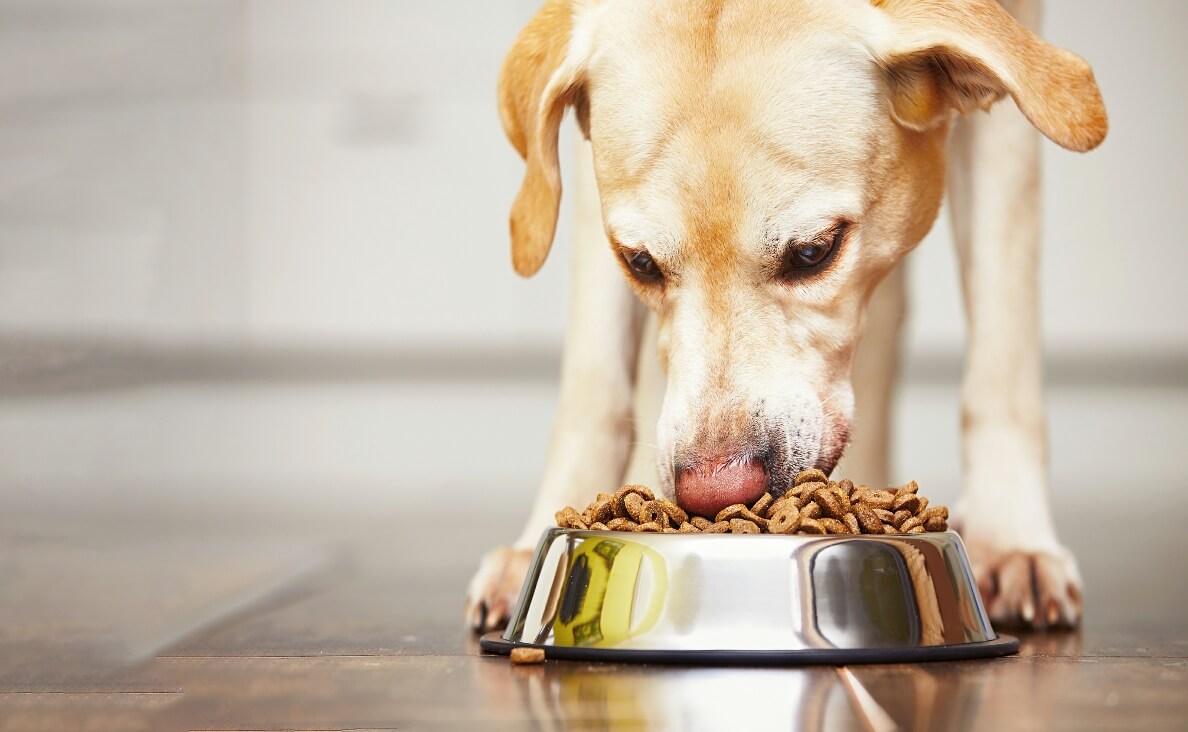Gut Check for Pups: The Importance of Probiotics in Your Dog’s Diet
Probiotics are an essential part of a healthy diet, not just for humans but also for our beloved pups. Although they may seem like small details, probiotics can make a big difference in the overall health and well-being of your canine companion. Here’s why it’s important to ensure your pup is getting enough “good bacteria” with probiotics for dogs and how you can get them into their diet.
Probiotics are live microorganisms that exist naturally in your pet’s gut. They help keep the digestive system balanced by supporting good bacteria growth while fighting off bad bacteria. This helps your dog’s body absorb more nutrition from their food, keeps their digestive system running smoothly, and supports other vital functions such as immune system health, hormone production, and even mental health.

Benefits of Probiotic Supplements
Adding probiotic supplements to your pup’s diet provides several benefits, including better digestion, improved nutrient absorption, stronger immunity, healthier skin and coat condition, plus reduced anxiety levels – all great things! In addition to these benefits, studies have shown that probiotic supplementation helps reduce inflammation due to allergies or illnesses, which can result in fewer vet visits over time.
Why Do Dogs Need Additional Probiotic Supplementation?
The environment where we live plays a major role in determining how much “good bacteria” our furry friends have access to on a daily basis. So if you live in an urban area with polluted air and water or feed your pup processed foods high in preservatives, then chances are his/her gut flora isn’t as healthy as it could be – meaning additional probiotic supplementation is needed.
Types of probiotic supplements for dogs
When it comes to choosing a probiotic supplement for your dog, there are two main types: powder and chewable tablets/treats. Both forms have different advantages and disadvantages, so it’s important to choose one based on what works best for you and your pup – some prefer chewable because they’re easier to administer, while others appreciate powders because they offer higher concentrations of active cultures per serving (1 teaspoon = 1 billion CFUs). Ultimately it is a matter of personal preference!
Choosing a quality product to feed your pup
When choosing a probiotic supplement, look for key features such as the number of active cultures per serving (CFUs), expiration date, absence of artificial flavors or colors, third-party test results (if available), etc. Also, try to stick with products from companies that specialize in veterinary nutrition so you know exactly what your pup is eating has been developed specifically for him!

How much and how often should you give your dog probiotics?
It depends on the size and age of your puppy, but most experts agree that puppies should receive 1 billion colony forming units (CFUs) per day until four months of age, then 2-3 billion CFUs after that. Adult dogs should typically receive between 2-5 billion CFUs per day, depending on their size/weight. However, it’s always best to consult your vet before starting any new supplement routine!
The bottom line
Including probiotics in your pup’s diet is an easy way to improve their overall health and quality of life – especially if they live in an urban environment or regularly eat processed foods. With so many options out there, it can be difficult to decide which product is right for them, so make sure you read labels carefully when choosing and always consult your vet first!
